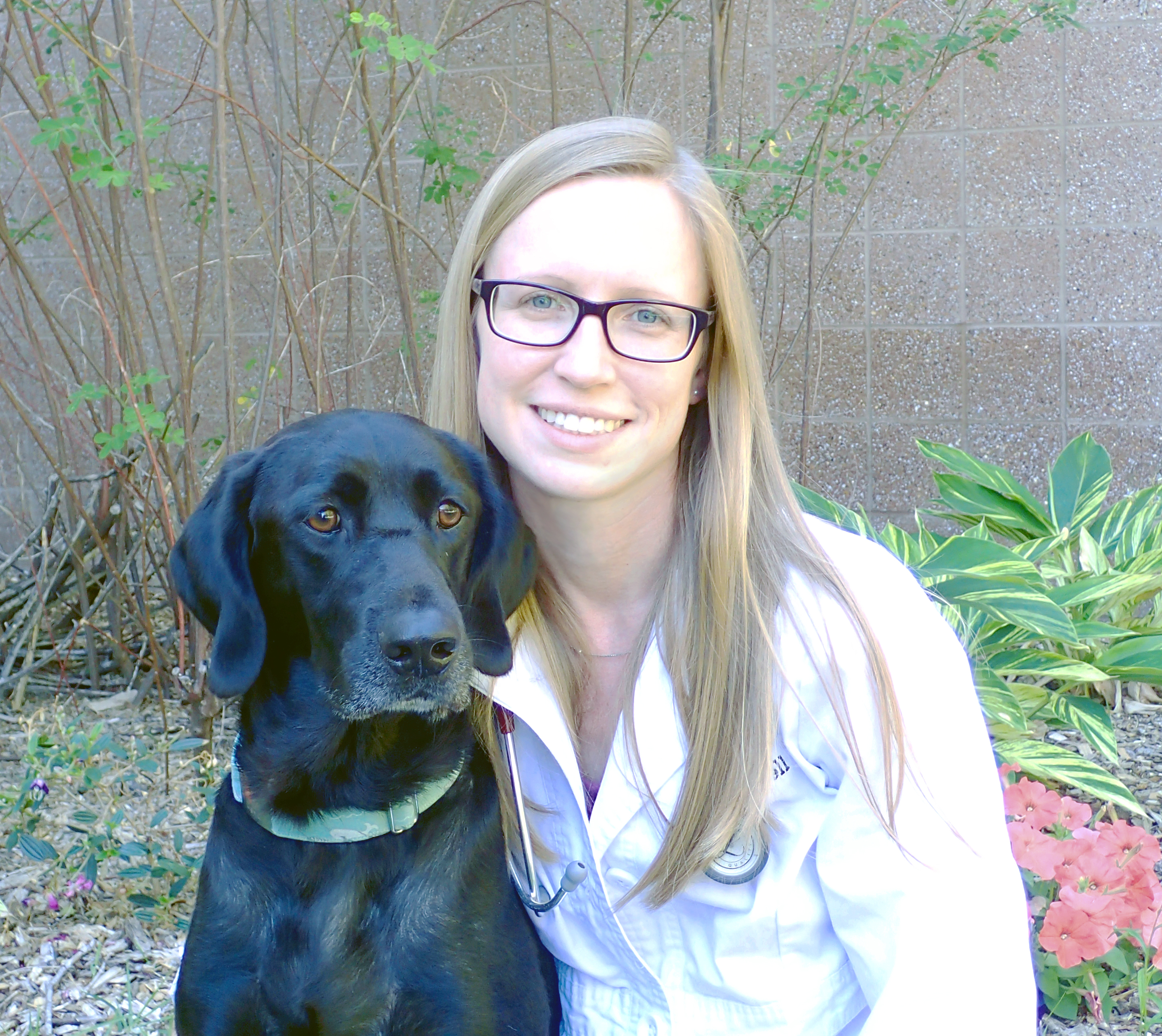Oncology
O09 - Patient Outcomes When Liquid Biopsy Was Used as an Aid in Diagnosis for Cancer
Friday, June 16, 2023
4:30 PM - 4:45 PM ET
Location: PCC 201C
CE: 0.25

Allison L. O'Kell, DVM, MS, DACVIM (SAIM)
Director of Clinical Support
PetDx
La Jolla, California, United States
Research Abstract - Oral Presenter(s)
Abstract: Background- When a dog is suspected of having cancer, the workup can take many forms and a variety of testing modalities may be needed to arrive at a definitive or presumptive diagnosis.
Hypothesis/Objectives- To assess the performance of liquid biopsy testing and examine patient outcomes in a cohort of dogs that had samples submitted for liquid biopsy as an aid in diagnosis (AiD) for various reasons.
Animals- Client-owned dogs that had blood samples submitted for liquid biopsy testing at one clinical laboratory.
Methods- Blood samples were subjected to DNA extraction, library preparation, and next-generation sequencing (NGS). Sequencing data were analyzed for genomic alterations associated with the presence of cancer. Patient outcome data were obtained from veterinary clinics via phone and/or email.
Results- In a cohort of 1,500 consecutive clinical samples submitted for testing, 366 reportable samples were submitted as an AiD; 35% (n=127) of these patients had information available regarding the reason for AiD testing and had sufficient outcome data to classify their results. (Table 1) The positivity rate of liquid biopsy in the overall AiD population was 35% but highest for patients with inconclusive tissue testing. In this study population, 98% of dogs with a suspicion of cancer and positive result from liquid biopsy went on to receive a presumptive or definitive diagnosis of cancer.
Conclusions and clinical importance- Liquid biopsy offers a novel tool to aid in the diagnosis of cancer and has a high positive predictive value for patients that receive a Cancer Signal Detected result.
Hypothesis/Objectives- To assess the performance of liquid biopsy testing and examine patient outcomes in a cohort of dogs that had samples submitted for liquid biopsy as an aid in diagnosis (AiD) for various reasons.
Animals- Client-owned dogs that had blood samples submitted for liquid biopsy testing at one clinical laboratory.
Methods- Blood samples were subjected to DNA extraction, library preparation, and next-generation sequencing (NGS). Sequencing data were analyzed for genomic alterations associated with the presence of cancer. Patient outcome data were obtained from veterinary clinics via phone and/or email.
Results- In a cohort of 1,500 consecutive clinical samples submitted for testing, 366 reportable samples were submitted as an AiD; 35% (n=127) of these patients had information available regarding the reason for AiD testing and had sufficient outcome data to classify their results. (Table 1) The positivity rate of liquid biopsy in the overall AiD population was 35% but highest for patients with inconclusive tissue testing. In this study population, 98% of dogs with a suspicion of cancer and positive result from liquid biopsy went on to receive a presumptive or definitive diagnosis of cancer.
Conclusions and clinical importance- Liquid biopsy offers a novel tool to aid in the diagnosis of cancer and has a high positive predictive value for patients that receive a Cancer Signal Detected result.

